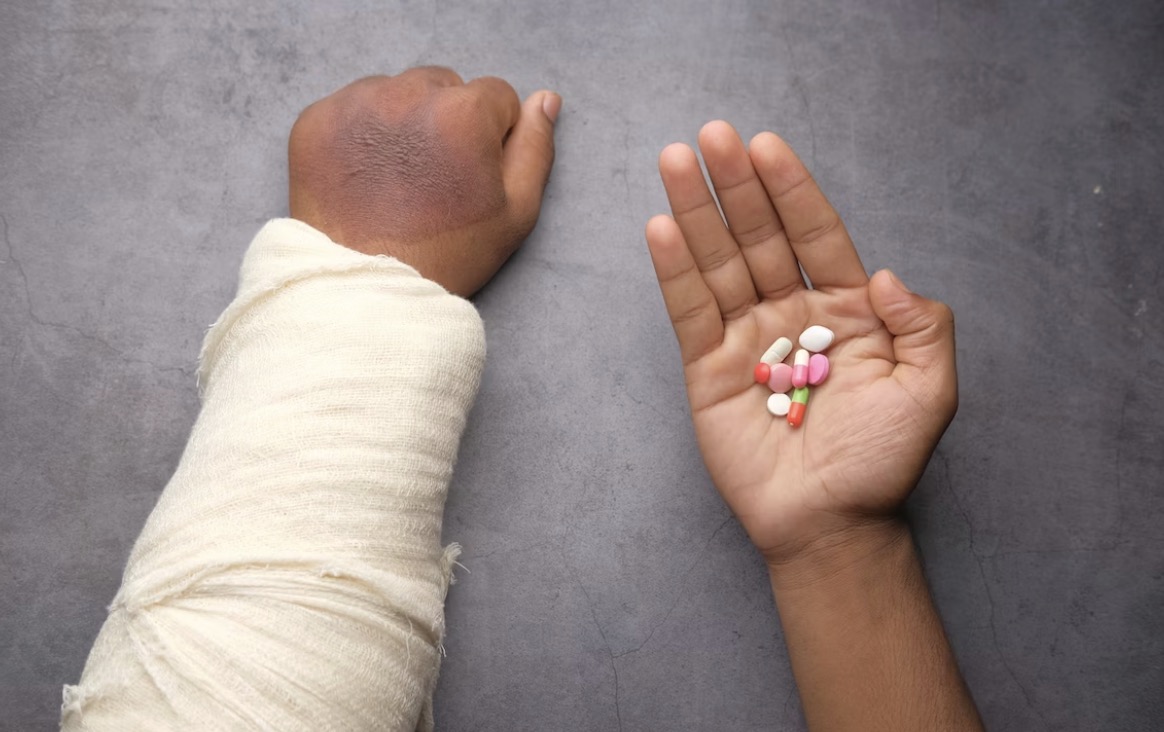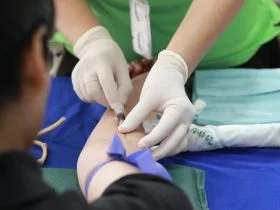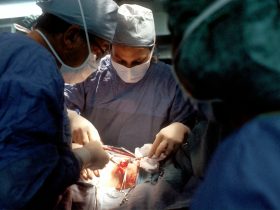Recovering from an accident can be a difficult and overwhelming journey, both in terms of physical recovery as well as emotional health. While it is essential to seek out professional medical attention when appropriate, utilizing the right proactive steps and strategies can play a pivotal role in optimizing your recovery system. The process of recovering effectively after an accident involves more than just seeking medical help; it also consists of establishing efficient action plans that are designed with your specific needs and healthcare preferences in mind. Here’s what you need to know about efficient recovery strategies after an accident: seven tips to ensure that your mental and physical health comes first during this challenging time!
Reader's Roadmap
Get plenty of rest – this is key to a speedy recovery
Getting plenty of rest is crucial for a quick recovery since your body needs time to heal and regain strength. It can be tempting to push yourself to get back to your daily routine, but this can actually hinder your progress. Instead, take the time to relax and allow your body to focus on repairing itself. This may mean taking a break from work or avoiding strenuous activities for a little while. By giving your body the chance to rest, you’ll be giving yourself the best possible chance for a swift and successful recovery.
Take your prescribed medication on time and as directed
Taking your prescribed medication on time and as directed is crucial in maintaining good health. While it might seem like a hassle, sticking to the schedule is essential for delivering the best possible results for your condition. Consistency is key, and missing doses or taking more than directed can greatly affect the outcome of your treatment. Always keep in mind that your doctor prescribed the medication for a specific reason, and they know best how often you need to take it and at what dosage. So, whether you use a reminder app or simply mark your calendar, make sure to prioritize taking your medication on time. Doing so can help you recover faster, manage symptoms more effectively, and prevent unnecessary complications.
Eat healthy foods and stay hydrated for maximum nutrient absorption
It’s no secret that eating a healthy diet can optimize your overall health, but it’s especially important for those recovering from an accident. Eating nutrient-rich foods such as fruits, vegetables, and lean proteins helps to ensure that the body gets the essential vitamins and minerals needed for proper recovery. Additionally, keeping yourself hydrated is also key in absorbing those nutrients; adequate water intake helps to flush out toxins and maintain the body’s natural balance.
Manage stress levels
Managing stress levels after an accident is key to a successful recovery. Stress can have a negative impact on both your physical and emotional health, so it’s important to take the necessary steps to reduce stress during this challenging time. For example, taking part in activities that bring you joy or relaxation such as yoga or meditation can help you stay calm and maintain focus. Additionally, seeking out professional help from a personal injury lawyer can be invaluable in managing legal matters related to the accident and ensuring that your rights are protected throughout the process. With their assistance, you can feel more confident about navigating any potential obstacles that may arise while allowing yourself more freedom to concentrate on healing.
Listen to calming music or take part in other leisure activities
In this fast-paced world, it is often hard to take a step back and relax. However, it is crucial to keep our minds calm and stress-free after an accident. One effective way to achieve this is by listening to calming music or engaging in leisure activities. Music has a powerful effect on our minds and can transport us to a place of tranquillity. Similarly, engaging in activities such as reading a book or going for a walk can give us a much-needed break from the daily hustle and bustle. These simple techniques can help us recharge our batteries and ensure that we are operating at our best. So, the next time you feel overwhelmed, take some time to unwind and engage in activities that put your mind at ease.
Talk to your doctor if you experience any pain or discomfort
Healing from an injury can be a taxing process, both physically and mentally. While it’s common to experience some discomfort during this phase, it’s important to stay vigilant and bring any pain or discomfort to the attention of your doctor. Whether it’s a persistent ache or something out of the ordinary, communication with your doctor can help prevent any further complications down the line. Addressing any concerns during the healing process can be crucial to ensuring a smooth and successful recovery. Don’t hesitate to speak up and seek medical advice to make sure you’re on the right track toward healing.
Engage in physical therapy and rehabilitation exercises
Physical therapy and rehabilitation exercises are vital components of the recovery process after an accident. These exercises help restore mobility, strength, and flexibility to the affected areas of your body. Your healthcare provider or physical therapist will develop a customized exercise program tailored to your specific needs and limitations. It’s important to follow their guidance and diligently engage in these exercises to promote healing and prevent any long-term complications.
Physical therapy may include a range of techniques such as stretching, strengthening exercises, manual therapy, and modalities like heat or cold therapy. By actively participating in your rehabilitation program, you can improve your overall function, reduce pain, and regain independence.
Remember to communicate with your physical therapist about any concerns or difficulties you may encounter during your sessions. They can make necessary adjustments and provide additional support to ensure you’re progressing at an appropriate pace.

In conclusion, efficient recovery after an accident requires a holistic approach that prioritizes both your physical and mental well-being. By following these tips, including getting enough rest, taking prescribed medications, maintaining a healthy diet, managing stress, engaging in leisure activities, seeking medical advice when needed, and participating in physical therapy, you can optimize your recovery process and pave the way for a successful journey back to health. Remember to consult with your healthcare provider for personalized advice based on your specific condition and needs.






